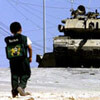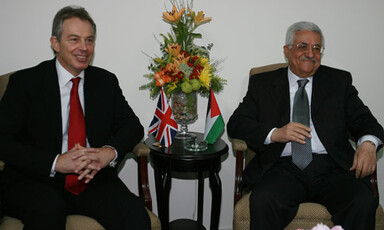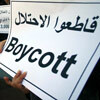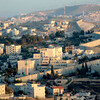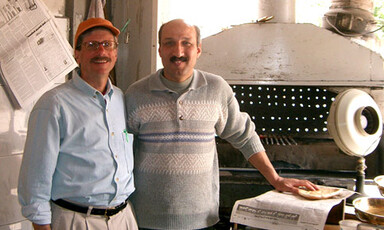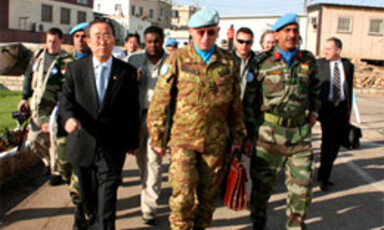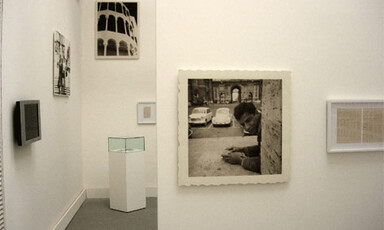
Basic needs reaching Gaza but economy near collapse
13 July 2007
JERUSALEM, 12 July 2007 (IRIN) - While humanitarian aid flows into the Gaza Strip are meeting most of the basic needs of the Palestinians, industries are unable to export their goods. This has lead to mass layoffs and unemployment in the already impoverished enclave. Businessmen in Gaza speak of over 30,000 layoffs as a result of the lockdown on the Gaza Strip initiated after fighting between the Islamist group Hamas and Fatah last month, which ended when the former seized control over the strip. Read more about Basic needs reaching Gaza but economy near collapse
